View all filters
Clear
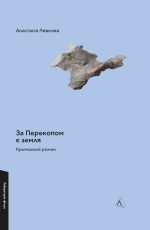
Un roman despre Crimeea
Translated from
Ukranian
to
Romanian
by Jessica Bilcec
Written in Ukranian by Anastasia Levkova
9 minutes read
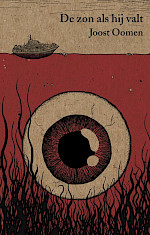
Il sole quando cade
Translated from
Dutch
to
Italian
by Antonio De Sortis
Written in Dutch by Joost Oomen
8 minutes read

Le pecore stanno bene
Translated from
Ukranian
to
Italian
by Claudia Bettiol
Written in Ukranian by Eugenia Kuznetsova
6 minutes read

А тоді ще раз, із самого початку
Translated from
Serbian
to
Ukranian
by Maksimu Andre Martynenko Shchehlov
Written in Serbian by Filip Grujić
8 minutes read
Relámpagos
Translated from
Italian
to
Spanish
by Inés Sánchez Mesonero
Written in Italian by Sara Micello
8 minutes read
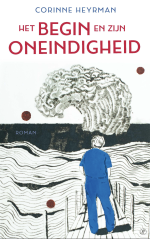
L’inizio e la sua eternità
Translated from
Dutch
to
Italian
by Jessica Rostro Benigno
Written in Dutch by Corinne Heyrman
9 minutes read
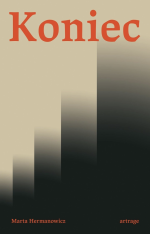
Konec
Translated from
Polish
to
Czech
by Agnieszka Buchtová
Written in Polish by Marta Hermanowicz
11 minutes read

И тогава пак отначало
Translated from
Serbian
to
Bulgarian
by Tsvetomira Mladenova
Written in Serbian by Filip Grujić
8 minutes read
De reünie
Translated from
Romanian
to
Dutch
by Charlotte van Rooden
Written in Romanian by Alexandru Potcoavă
11 minutes read
E dieci dita più in là
Translated from
Dutch
to
Italian
by Antonio De Sortis
Written in Dutch by Joost Oomen
9 minutes read
Em casa
Translated from
Dutch
to
Portugese
by Lut Caenen
Written in Dutch by Lisa Weeda
7 minutes read
Oduvek smo živele u ovom selu
Translated from
Spanish
to
Serbian
by Ljubica Trošić
Written in Spanish by Aixa De la Cruz Regúlez
4 minutes read

Три!
Translated from
Czech
to
Bulgarian
by Katerina Stoyanova
Written in Czech by Anna Luňáková
7 minutes read

Los bloques naranjas
Una ventana a la amistad masculina: la corporalidad y los afectos truncados, torpes, subterráneos, que se dan en una pandilla de chicos de barrio durante los 2000.
Written in Spanish by Luis Díaz
8 minutes read
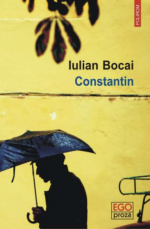
Constantin. Un ritratto
Translated from
Romanian
to
Italian
by Barbara Pavetto
Written in Romanian by Iulian Bocai
10 minutes read

Sęp płowy
Translated from
Serbian
to
Polish
by Patrycja Chajęcka
Written in Serbian by Filip Grujić
7 minutes read

El chico con cabeza de pez
Translated from
Czech
to
Spanish
by Enrique Gutiérrez
Written in Czech by Eliška Beranová
11 minutes read
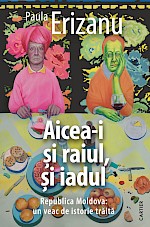
Ach, meiden (It’s Both Heaven and Hell Here. Moldova: a Century of Lived History)
Translated from
Romanian
to
Dutch
by Charlotte van Rooden
Written in Romanian by Paula Erizanu
8 minutes read

Koridor (Peninsula)
Translated from
Dutch
to
Slovenian
by Lucija Janc Novak
Written in Dutch by Lieven Stoefs
7 minutes read

C'era una volta in Crimea
Translated from
Ukranian
to
Italian
by Claudia Bettiol
Written in Ukranian by Anastasia Levkova
11 minutes read